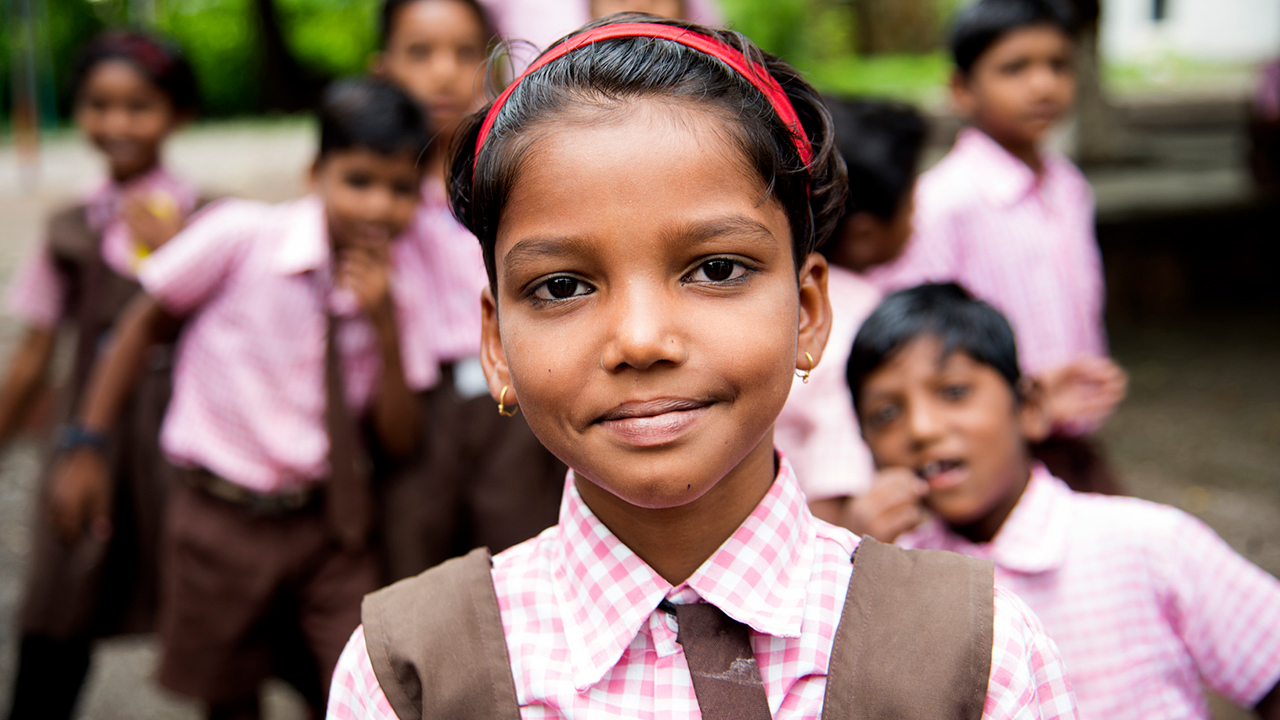National Girl Child Day was first initiated in 2008 by the Ministry of Women and Child Development. National Girl Child Day is celebrated on 24th January in India. It is to support girls and women, spread awareness about the rights of girls, and to highlight the issues they face in their lives. As we know, girls and women have always faced inequalities, humiliations, discrimination, and injustice in their lives.
There are lots of problems girls face since they are born, like gender inequality, legal rights, sexual abuse, education rights, and female foeticide. Girls from rural India are still facing child marriage and dowry issues. Even educated and working women from cities face the issues like domestic violence, unequal pay at workplace, juggling office work with household chores.
It has been noticeable that girls' health has always been neglected. In middle-class families and in villages as well, priority is always given to boys. If there is less food at home, boys will get a bigger portion of it. If there are any health issues, boys will be taken to the doctor for check-ups, but girls will be told to save money instead. In many villages, people still abort girls at birth (female foeticide), viewing them as a burden. In menstruation, girls in villages are still using cloth instead of a sanitary pad (which is harmful to their health), and in cities, girls are still told "period pain is normal" and "don't overreact".
The mentality of people is so sick, and it has been transferred from generation to generation. We sometimes see that women or even girls themselves neglect their own health and care for their family first because that is what has been taught to them.
Female foeticide statistics:
Between 2013 and 2017, about 460,000 girls in India were missing’ at birth each year. According to one analysis, gender-biased sex selection accounts for about two-thirds of the total missing girls, and post-birth female mortality accounts for about one-third, the report said.
According to their analysis, at least 9 million girls are ‘missing’ in India as a result of female infanticide from 2000 to 2019. To compare, this is slightly lower than the entire population of Uttarakhand.
With a progressive mindset, some changes are occurring, and initiatives have been taken by the government and NGO's. Various campaigns and programs have been introduced by the government, like "Beti Bachao, Beti Padhao," and "Save the girl child," to support girls, encourage empowerment, teach the importance of their health, and give them opportunities to lead a happy and healthy life.
Reference links:
https://www.pewresearch.org/religion/2022/08/23/indias-sex-ratio-at-birth-begins-to-normalize/

 The National Girl Child Day reminds us that it is our responsibility to give our girls the importance they deserve, and work together for their better and safe future.
The National Girl Child Day reminds us that it is our responsibility to give our girls the importance they deserve, and work together for their better and safe future. 









.jpeg)

.jpeg)
.jpeg)
.jpeg)

.jpeg)
.jpeg)
.jpeg)
_(1).jpeg)

_(1)_(1)_(1).jpeg)
.jpeg)
.jpeg)
.jpeg)






